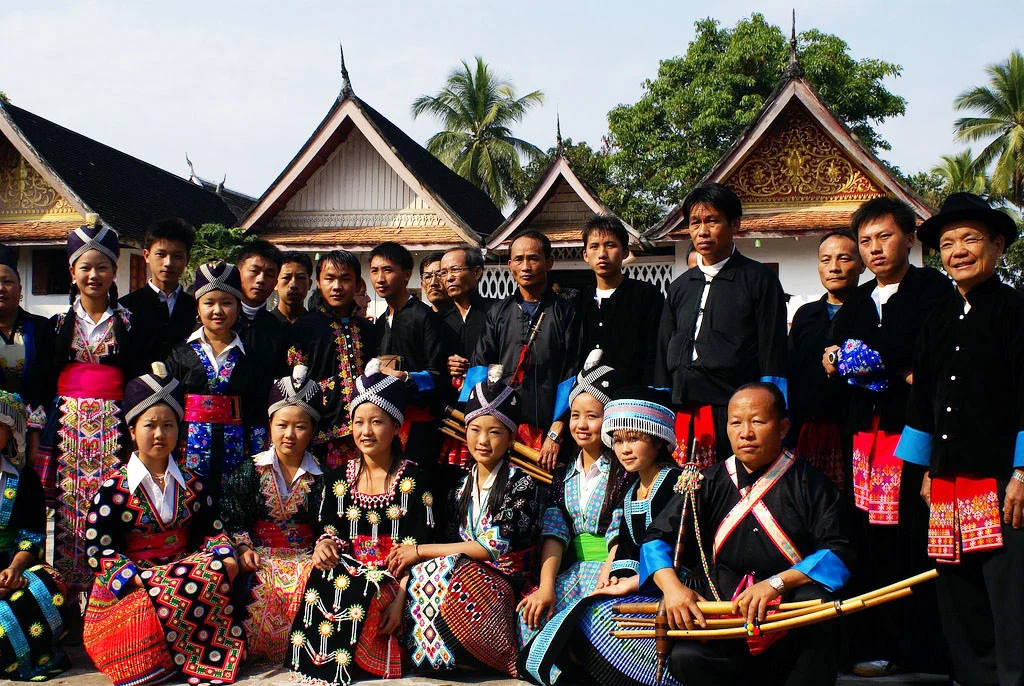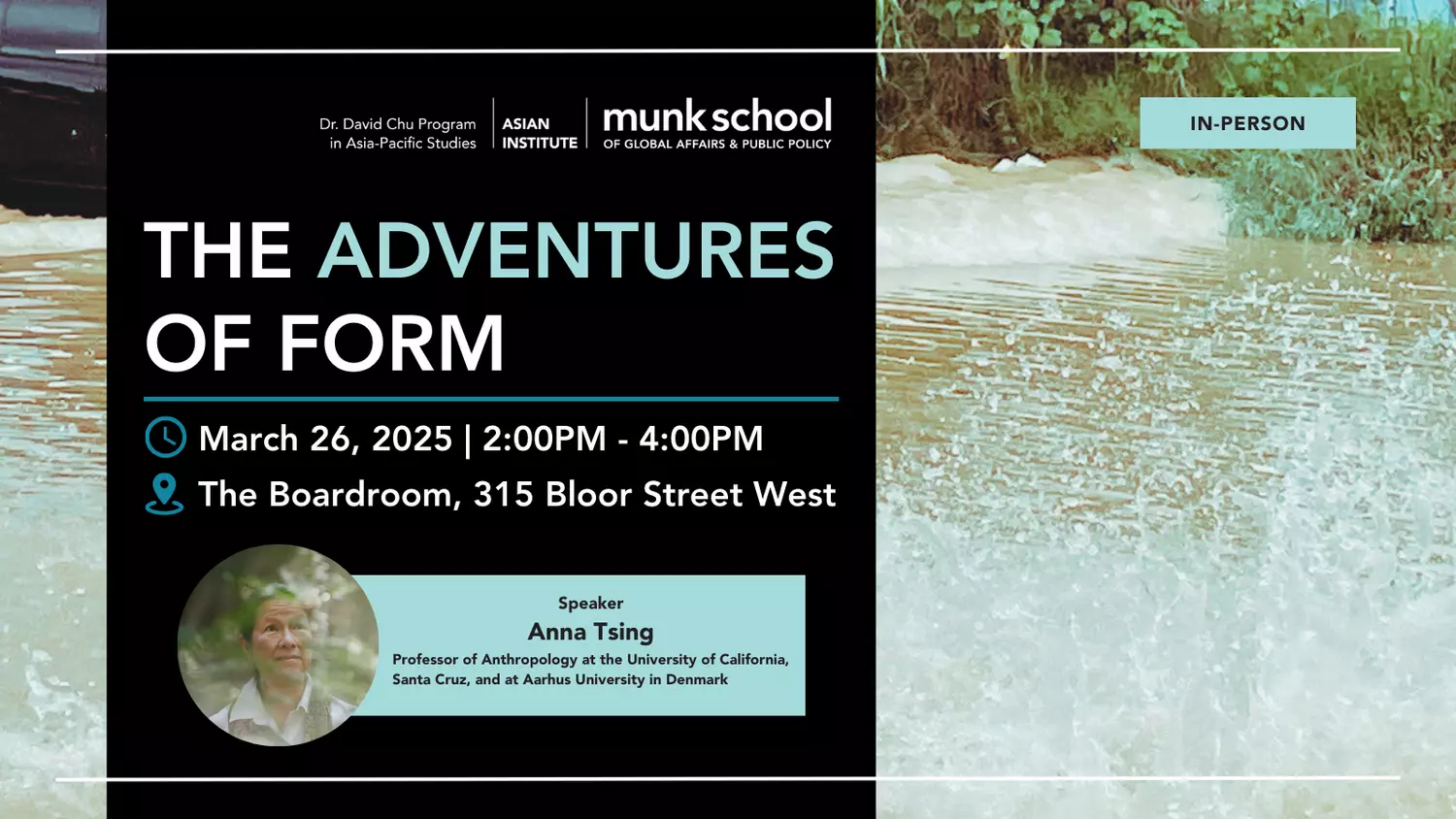On October 21, 2021, the Global Taiwan Studies program at the Asia Institute hosted an event titled “Towards a Global and Bottom-Up History of the South China Sea Islands Dispute.” The event was moderated by Sida Liu, acting Director of the Global Taiwan Studies program and discussed by Li Chen, Associate Professor of History, Global Asia Studies, Law, and Criminology & Sociolegal Studies at the University of Toronto. The main speaker for the event was Chris P.C. Chung, a doctoral candidate in history at the University of Toronto, who shared his research on reanalyzing the long-standing South China Sea Islands dispute through a global and bottom-up approach. Throughout the session, Professor Li Chen enriched the discussion with thoughtful questions and comments.
Chung started the session by situating the ongoing South China Sea Islands dispute in the mainstream discourse, which has portrayed the South China Sea Islands as an inherited, Chinese state. According to Chung, accepting this monolithic perspective ignores the historical context and complex perspectives that have resulted in the dispute we see today. In this talk, Chung aimed to redefine our understanding of the South China Sea Islands through a global and bottom-up approach.
Chung proposed that a global and bottom-up approach to the history of the South China Sea Islands dispute allows for a deeper, contextual understanding of the issue. He explains this claim by citing his research, which can be organized into three overarching aspects: the analysis of global historical developments in relation to China’s island claims, the incorporation of non-governmental perspectives, and the re-examination of government archival documents through a bottom-up approach.
First, Chung explained how his analysis of global historical developments had led to a greater understanding of the origin and formation of China’s island claims. In the mid-19th century to mid-20th century, the Chinese government shifted its approach to defining maritime space, with concerns to the South China Sea Islands. Largely inspired by Western and Japanese ideas of international law and the nation-state, the Chinese government adopted an imperialist attitude when it came to the South China Sea Islands. The perspective of Chinese officials’ regarding maritime space transformed from “island sovereignty” to “markers of effective occupation”. Ultimately, Chung argued that understanding how ideas related to modernity and imperialism had resulted in China’s claim over the islands is essential to achieving a deeper, contextual understanding of the dispute today.

Second, Chung highlighted the perspectives of non-government actors in shaping the depictions of the South China Sea Islands. From his research, Chung found that Chinese officials relied heavily on the writings of non-government people as a source of information about the islands. Originally, the islands were a mystery to most Chinese officials. As the islands gradually became of interest to the Chinese government, its officials turned to non-government actors for useful information. Some of the most important actors were Chinese fishermen, who greatly contributed to conceptualizations of maritime space. Chung argued that the Chinese officials’ reliance on non-government actors reminded us that states are not all-knowing; a nuanced understanding of government knowledge must account for contestation and ambivalence.
For the final aspect of his research, Chung elaborated on his bottom-up approach to analyzing primarily top-down government archival documents related to the South China Island dispute. His findings on the island’s global historical context and the perspectives of non-government people provided the foundation for this unique, bottoM-up lens. Instead of accepting government archives as the truth, he utilized his deeper understanding of the South China Sea Island dispute in a more critical examination of government documents. This approach caused Chung to ask questions about what the government chose to include and omit, and led to the conclusion that there were unsettling disparities between official narratives and the maritime worldviews of non-government people. Chung concluded that a bottom-up approach is instrumental in disputing the claims of government documents.
Ultimately, Chung’s research reveals the necessity of a global and bottom-up approach in order to truly understand the island dispute issue. If we simply accept the top-down approach, we simply scratch the surface of this important issue. Chung’s presentation revealed the historical and contextual complexities that shaped the South China Sea Island dispute.
Kristi Deki is a second-year undergraduate student pursuing a major in Ethics, Society, and Law and a double minor in Contemporary Asian Studies and Psychology. Her main research interests include international human rights laws, surveillance capitalism, and democratic consolidation. She is excited to be joining the Synergy team this year.








